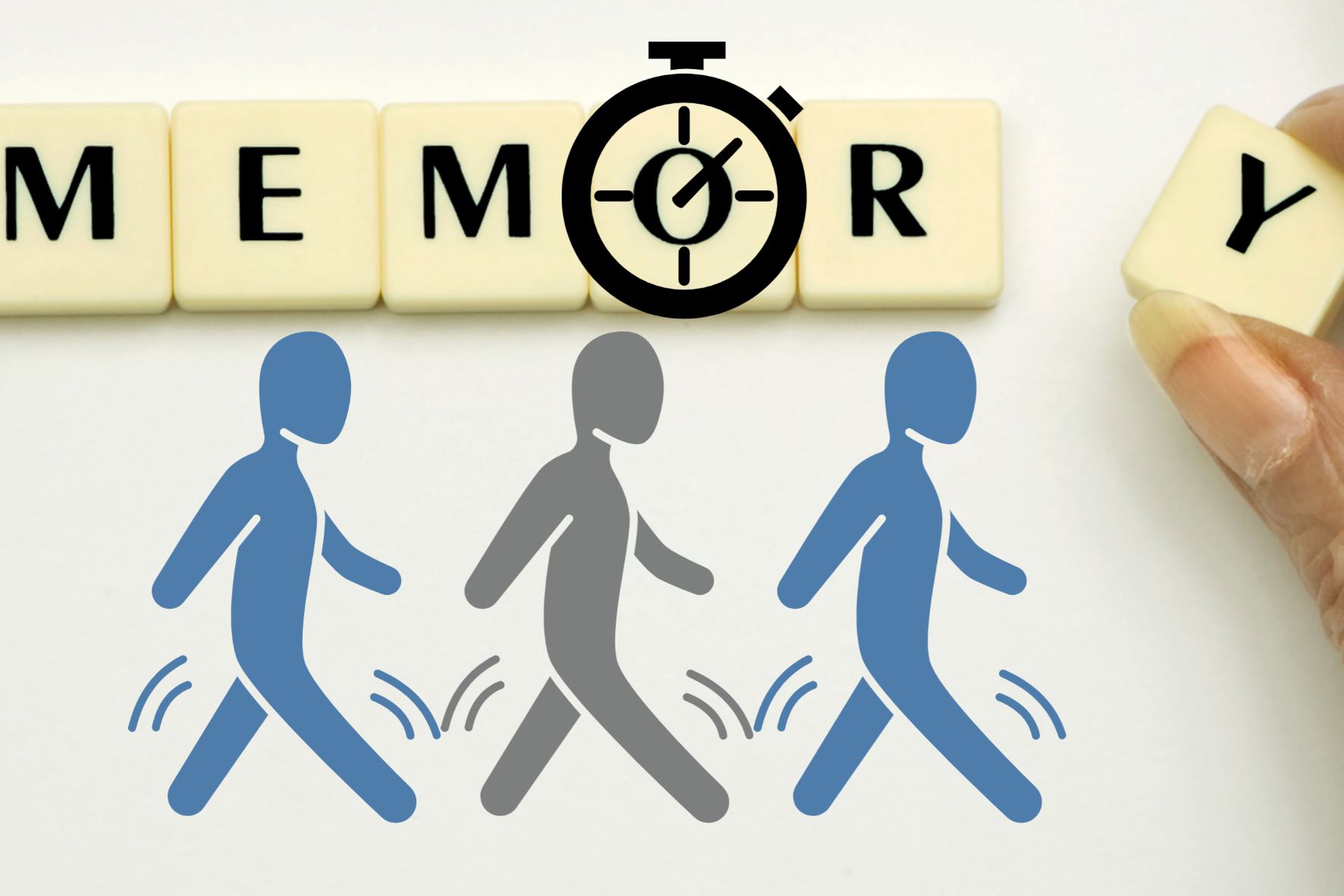Links to more information about studies summarised in the latest ‘TABLET’ (Winter_Spring 2022) participant newsletter.
We are very grateful to ASPREE participants, who continue to share their experience of life, in both good health and in illness, giving rise to vital, real world research to improve the health of future generations. Below are a few studies that highlight the numerous ways measures and questionnaires are put to use to further advance medical research in older adults.
There is an estimated 900 million people around the world over the age of 60, and this is expected to double by 2050.
ASPREE study participants are making an enormous difference to what will be known about how to stay well as we age, and ways to identify and treat illness earlier. Data from the ASPREE study recently gave doctors and scholars new insights on how to identify older adults most at risk of physical disability and dementia.
Read on for more information.
PREDICTORS OF A LONG, DISABILITY FREE LIFE
For the first time, ASPREE researchers used ‘machine learning’ to understand the interrelationships between 25 risk factors that may reduce our ability to live healthy lives, free of disability.
Read more => https://aspree.org/aus/predictors-of-a-longer-disability-free-life-in-healthy-older-adults/
GAIT SPEED AND COGNITION (THINKING AND MEMORY)
In another study of ASPREE data, researchers found a link between older adults experiencing memory problems and who also walked slower, with a higher risk of developing dementia.
These findings provide more evidence that simple measures of gait (walking) speed and thinking and memory may help doctors identify healthy older patients at risk of dementia.
Read more => https://aspree.org/aus/dual-slowing-gait-and-cognitive-decline-linked-to-dementia-risk/
SELF PERCEPTIONS OF PHYSICAL ABILITY
Meanwhile, another group of researchers reported that how older adults perceived their own physical ability could help identify those at a higher risk of cardiovascular disease (disease of the heart and blood vessels) in the future.
In a research first, ASPREE study participants who reported a consistent decline in physical ability over five years were 51% more likely to develop cardiovascular disease compared to those who self-reported having good physical ability.
Read more => https://aspree.org/aus/self-perceptions-of-quality-of-life-may-flag-health-events/
OTHER STORIES:

Study investigators reported on the first analyses of data from the ASPREE sub-study SNORE-ASA, with more findings to come.
To read more about the ASPREE SNORE-ASA study => https://aspree.org/aus/study-finds-impact-of-sleep-disordered-breathing-in-adults-over-70
To read more about the discovery of new risk genes for Alzheimer’s disease (this is not an ASPREE study) => https://www.nia.nih.gov/news/data-sharing-uncovers-five-new-risk-genes-alzheimers-disease
**It is important to note that declining physical health, such as the reduced ability to walk distances, doesn’t necessarily lead to disease or physical disability or dementia. Reduced memory and concentration doesn’t necessarily lead to dementia. But they might tell you it’s time to get a checkup or to follow your doctor’s advice, such as to exercise more.
Hundreds of studies utilising data from the ASPREE project are in the pipeline, expanding knowledge on what we know (and don’t yet know) about health and ageing.
We look forward to sharing more ASPREE findings.
View ASPREE publications => https://aspree.org/aus/publications/





